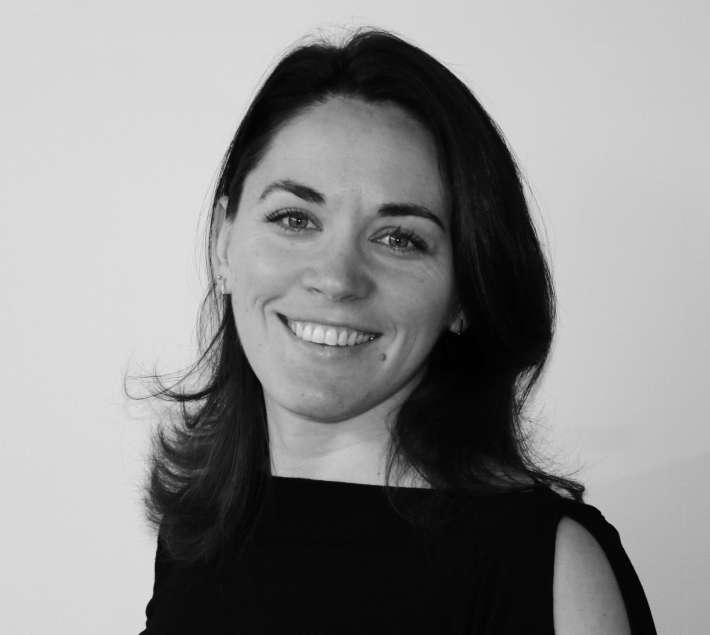An In Good Company podcast with Ségolène Brantschen, Learning & Development Manager, Ageas Group
What is shiny penny syndrome?
Do you ever feel like you’re constantly distracted by new and exciting opportunities, but never really accomplish anything? Do you ever wonder what happened to that organisational initiative or project that never seemed to materialise? Do you find yourself losing interest in what you’re currently working on, and chasing after the latest hype, book, or technology? If so, you might be suffering from shiny penny syndrome – a tendency to be drawn away from your current goals and projects by the allure of something new and shiny.
Latest listen
In this podcast, we’re joined by Ségolène Brantschen to explore what shiny penny syndrome is, how it affects you and your organisation, and how you can overcome it and stay focused on your goals. Let this podcast be a useful distraction in your day…
How to stay focused on your goals
There are lots of positives to shiny penny syndrome – it can help you adapt to new trends, discover new opportunities, and foster innovation. However, if you let it take over your life and work, it can derail you from your goals and cause you frustration and dissatisfaction.
Here are some tips to help manage shiny penny syndrome and stay focused on your goals:
- Be intentional. Before you jump on the next shiny penny, ask yourself: Is this really what I should be doing? How does this align with my goals and values? What will I gain from this, and what will I lose? Being intentional means making conscious and deliberate choices, rather than being swayed by impulses and emotions.
- Be selective. You can’t do everything. Prioritise your projects and tasks based on their importance, urgency, and impact. Say no to the things that don’t serve your purpose, and yes to the things that do. Being selective means approaching with integrity, being clear about your criteria and sticking to them.
- Be consistent. Once you’ve decided what to focus on, commit and follow through. Set realistic and specific goals, break them down into manageable steps, and track your progress. Fail fast, celebrate your successes, and learn from your setbacks. Being consistent means being disciplined and resilient, don’t give up at the first hurdle.
- Be flexible. While it’s important to stay focused on your goals, be open to change and feedback. Sometimes, you might encounter new information, challenges, or opportunities that need you to adapt and improvise. Being flexible means keeping an eye on the end goal but being agile not rigid.
Listen to the podcast on Spotify
Watch our interview here:
Listen again
022: Disruption for positive change with Laura Chase, WeAre8
Coming up
024: Wellbeing, resilience and mitigating burnout with Sahar Muhsin Laufman, Equity Alchemy
Follow Impact on Spotify and subscribe to our channel on YouTube
